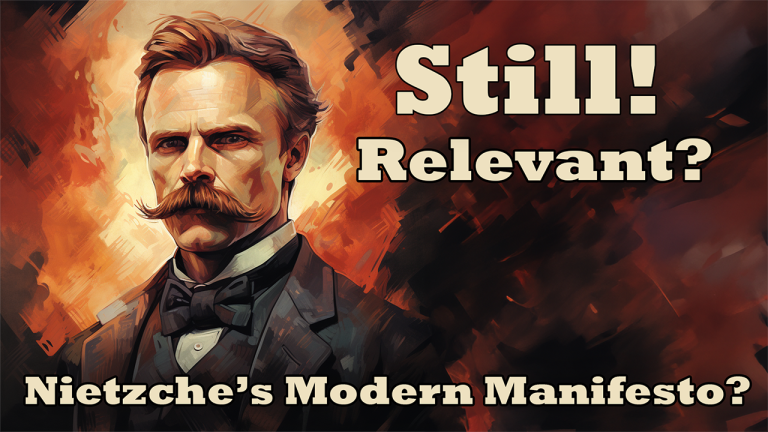
What the greatest minds of antiquity through to modernity have always told us is that before we can change anything for the better, we must first not only accept the world as it is but love it completely!
This might sound counter intuitive at first, but it’s a really powerful way to both affirm life and at the same time give you the motivational focus that you need to make positive changes that could hopefully improve it, whether that’s in the realm of work, relationships, personal wealth, or whatever it is that you feel is lacking or could be better. It could be as simple as tidying up your home or going through your wardrobe to throw out old garments that no longer fit. Rather than be unhappy that our body shape has changed we can instead choose to love the fact that we’re no longer the same person who bought those clothes. Time has passed since then and we’ve learned so much; our experiences and our body has been shaped by life events and that is probably for the best. If we feel that we’re too heavy or otherwise unfit, we can then mindfully and deliberately plan a weight loss regime, or resolve to do more exercise, but at no point is our personal happiness diminished by the fact that we’re no longer the person that we used to be.
We don’t hang on to the past, instead we consciously and deliberately choose to love the present, no matter what!
“Difficulties strengthen the mind, as labour does the body.”
Lucius Annaeus Seneca
Loving life as it is, and not as we’d like it to be, is the key to a special kind of Resilience that allows us to bounce back from adversity, by accepting and affirming our fate, no matter how challenging we might find this. Life always and without fail gives you things that you’d rather not have, things that you’d never willingly choose for yourself.
“Freedom is the only worthy goal in life. It is won by disregarding things that lie beyond our control.”
Epictetus
Rather than seeing things like the loss of a job, a bout of illness, or the ending of a relationship as an insurmountable obstacle, we can instead, see them as opportunities for growth and self-improvement. Likewise, failure, sickness, the ending of relationships and sudden unexpected accidents and tragedies are all come about because the universe plays out a set of rules that came into existence at the beginning of time in a deterministic way. In other words, it’s written into the laws of physics, so we shouldn’t be surprised when these things happen to us or the people around us. To do so, would be to be angry at the universe that seemingly unfolds as it should and without our oversight. So instead of becoming discouraged, we can approach these events as a chance to develop our characters further, by either mastering new skills, adapting to a sudden and unexpected change, or finding another way to win. Success is after all, 99% failure, each time we fail at a task we’ve actually learned a new way how not to do it. Thus, every failure points in one way or another to success, this is the beginning of wisdom. We should love our failures, every error made, every mistake or foolish adventure that we’ve ever undertaken because without them we cannot be the people that we are today. By embracing our fate in this way, we cultivate resilience and inner strength, enabling us to navigate life’s challenges with greater ease and confidence, whilst at the same time it helps to make us more mindful, fully present and engaged in the current moment, without judgment or attachment to past or future events.
We have a name for this acceptance of our fate as it unfolds, without dwelling on regrets or anxieties about what might happen next, it’s called ‘Amor Fati.’ By embracing the present moment with love and acceptance, we can cultivate a deeper sense of peace and contentment, regardless of external circumstances. This allows us to fully experience the richness and complexity of life, leading to greater satisfaction and fulfilment. It might even lead to meaning…
“The impediment to action advances action. What stands in the way becomes the way.”
Marcus Aurelius
Individual people like you and I have the power to create meaning and purpose in our lives, even in the face of adversity. The mindfulness that comes from ‘Amor Fati,’ encourages us to find meaning in every aspect of our existence, whether positive or negative. For example, when confronted with suffering or hardship, instead of asking “why me?” we can ask “what can I learn from this experience?” By embracing our fate with love and acceptance, we can transform even the most difficult circumstances into opportunities for growth and self-discovery. This enables us to live more meaningful and fulfilling lives, guided by our own values and ideals whilst acknowledging and appreciating the blessings in our lives, no matter how small or seemingly insignificant. Life is always a mixed bag, it’s not all bad, some of it is good, but it is human nature to concentrate on what we find to be bad for us, but by turning negatives into positives we cultivate gratitude for our lives and also to ourselves by embracing our fate with love and acceptance, regardless of whether it brings us joy or sorrow. By acknowledging the interconnectedness of all experiences, we can develop a deeper appreciation for the richness and complexity of life. For example, even in moments of pain or suffering, we can find gratitude for the lessons learned and the opportunities for growth that emerge from these experiences. By embracing our fate with love and gratitude, we cultivate a sense of abundance and fulfilment, leading to greater happiness and well-being.
In summary, loving life as it is, challenges us to embrace life in its entirety, with all its joys and sorrows, and to live authentically and courageously in pursuit of our highest ideals. By embracing our fate with love and acceptance, we can transform adversity into opportunity and live more meaningful and fulfilling lives of true greatness and strength of character.
“My formula for greatness in a human being is amor fati: that one wants nothing to be different, not forward, not backward, not in all eternity. Not merely bear what is necessary, still less conceal it…but love it.”
Friedrich Nietzsche

